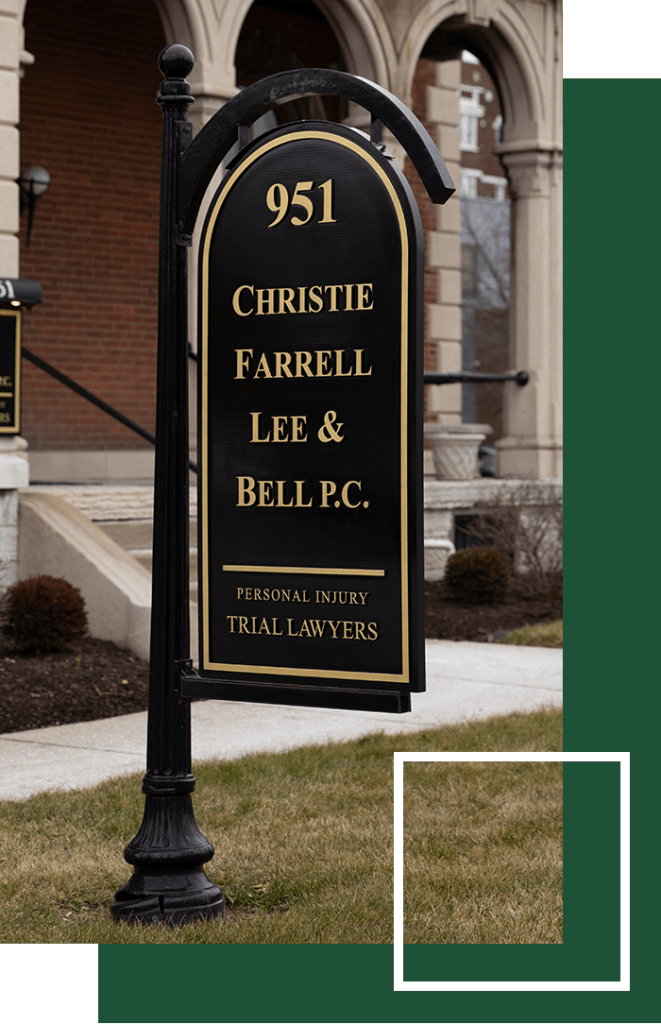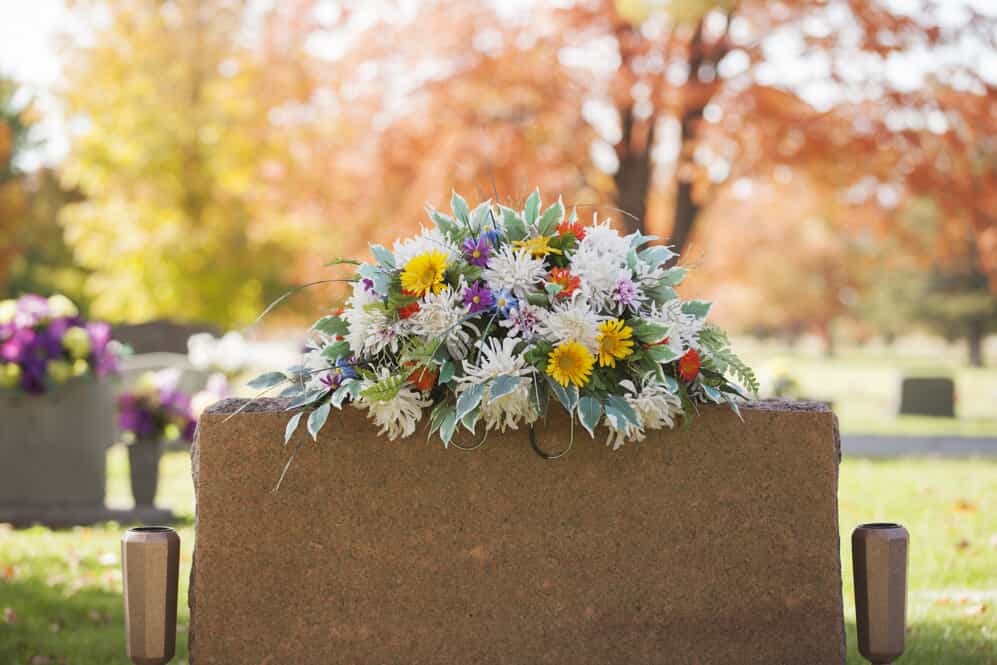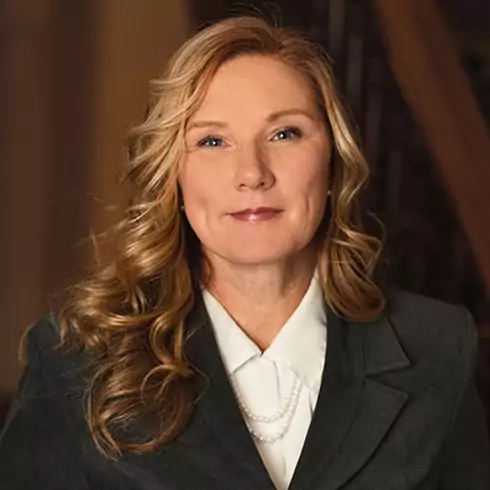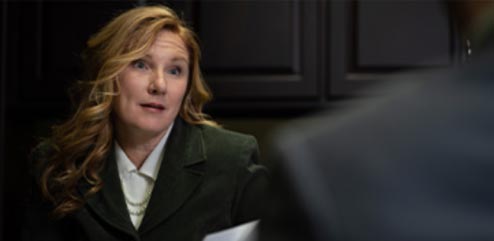
Wrongful Death Lawyer South Bend
Losing a loved one due to the negligence or wrongful act of another can be a devastating experience and leave irreparable damage to the surviving family. If you have experienced a tragic loss due to the negligence of others, you may be entitled to seek justice and compensation and should seek legal counsel from a wrongful death lawyer.
At Christie Farrell Lee & Bell, we understand the pain and suffering that comes with such a loss, and our team at South Bend is here to help you navigate the legal process with the compassion and professionalism you deserve.
With a deep understanding of Indiana statutes and laws, we are dedicated to providing comprehensive legal services to families who have lost a loved one due to wrongful death. We can help you file a claim that represents the economic damages suffered but also claims compensation for your emotional pain and suffering.










